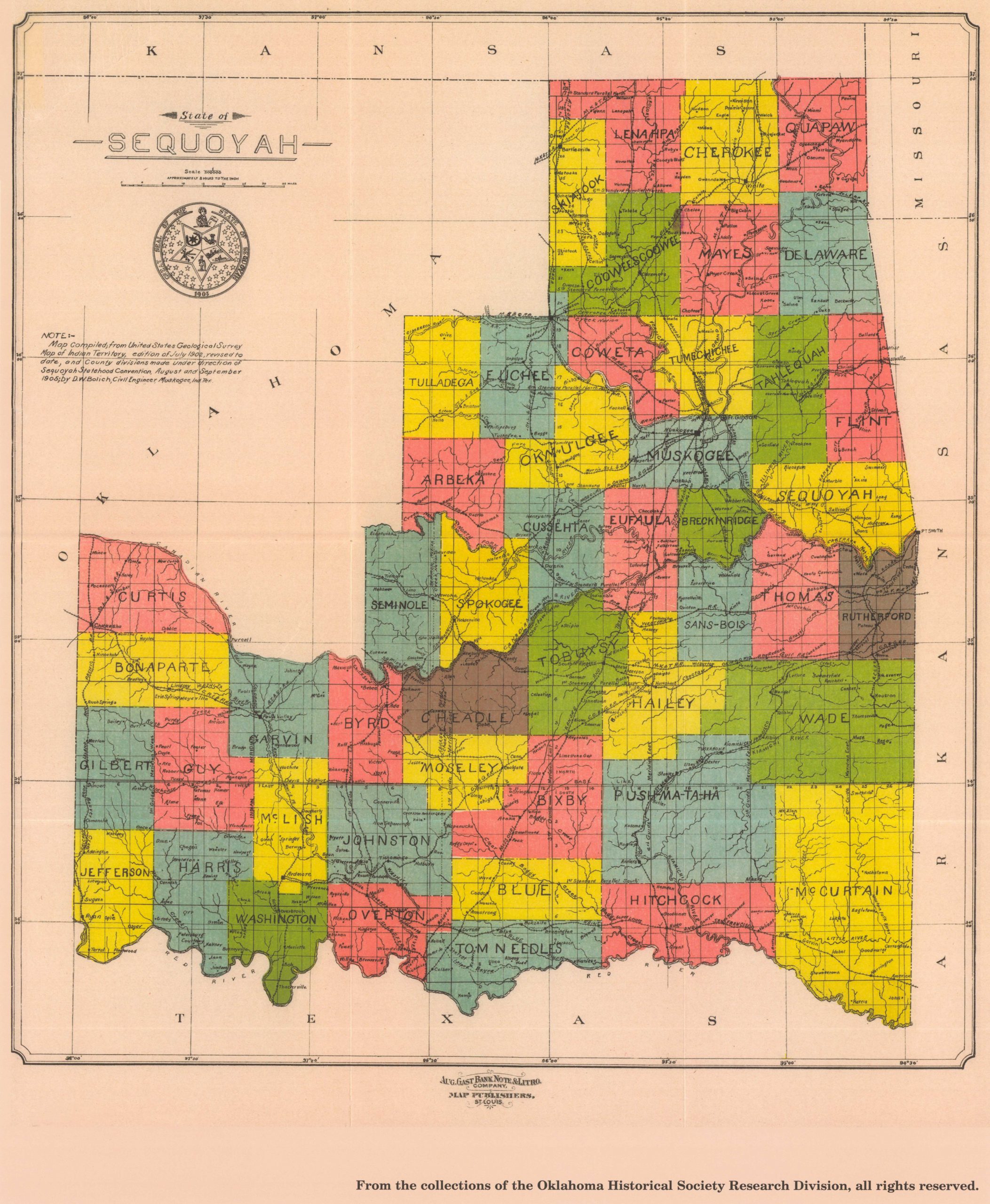Un-Tied States: Nineteenth-Century Narratives of Indigeneity and Territory
Kathryn Walkiewicz
Literature
UC San Diego
“Un-Tied States” tells an alternative story about the official spaces of U. culture by highlighting the significance of states’ rights rhetoric and the states’ influential role in shaping US settler colonialism, territorial expansion, and racial formation in the nineteenth century. “Un-Tied States” looks at significant moments of statehood and/or states’ rights for the places commonly called Georgia, Florida, Cuba, Kansas, and Oklahoma. Throughout the project I look at moments when these spaces both were and could have been something else, and I work to theorize and understand the ways that US settler colonialism and the legacy of slavery worked to solidify and naturalize these place names. As importantly, I focus on how these imperial statehood projects were met with Indigenous and Black resistance, which exerted pressure on these territories as fixed, stable cells of US spatial, cultural, and political autonomy. In doing so, I make two key interventions. First, I demonstrate the significant role states’ rights play in settler colonialism, especially by fomenting divisions between Black liberation and Indigenous decolonization. Second, I argue for what I term a “territorial hermeneutics,” a method and ethics that insists on thinking beyond the borders of the state.
Image credit: ITMAP.0034, Oklahoma Historical Society Map Collection, OHS

